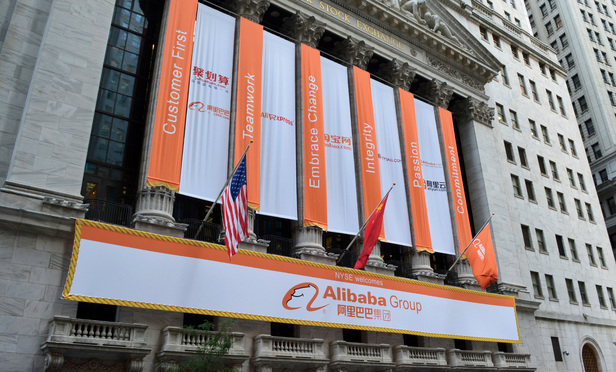- Capital Markets
- China Law News
- Mergers and Acquisitions
- Outbound Investment
- Projects Energy and Environment
In the News: Alibaba's Hong Kong Listing; China Lifts US Chicken Ban; Australia Approves Mengniu Takeover; and Jingye Rescues British Steel
November 18, 2019 | BY
Vincent ChowAlibaba set for secondary listing in Hong Kong; China lifts four-year U.S. poultry ban; Australia approves Mengniu takeover of infant formula maker; and Jingye Group rescues British Steel from the brink
Alibaba moves ahead with secondary listing plans in Hong Kong
Alibaba has unveiled its plan for a secondary listing in Hong Kong. The New York-listed Chinese e-commerce giant plans to sell 500 million new shares, with 2.5% set aside for the Hong Kong public, according to an SEC filing. The listing will be a boost for Hong Kong, which is undergoing the worst political crisis in its history—one which threatens its future as a global financial hub.
This premium content is reserved for
China Law & Practice Subscribers.
A Premium Subscription Provides:
- A database of over 3,000 essential documents including key PRC legislation translated into English
- A choice of newsletters to alert you to changes affecting your business including sector specific updates
- Premium access to the mobile optimized site for timely analysis that guides you through China's ever-changing business environment
Already a subscriber? Log In Now





